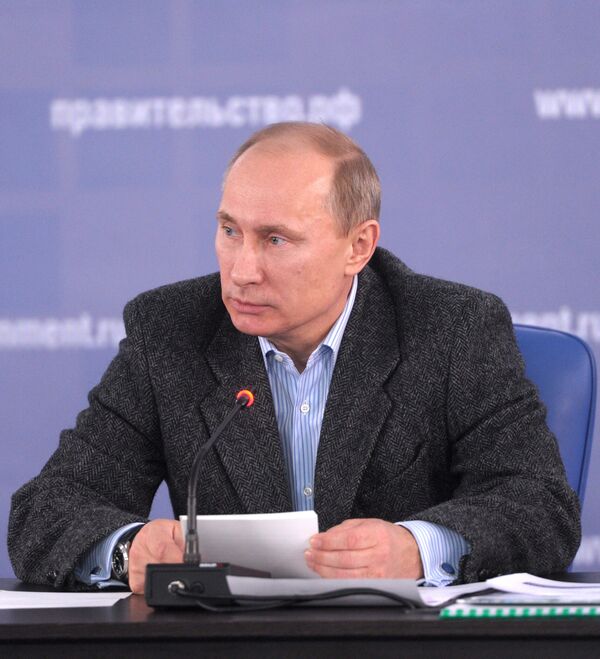Russia’s recently launched campaign against offshore firms is needed but has the potential to increase pressure on business, experts polled by Prime news agency said on Monday.
Russian Prime Minister Vladimir Putin, who is running as a candidate in the 2012 presidential elections and is expected to return to the presidency, recently criticized major state-run companies operating in strategic sectors of the Russian economy for their practices of channeling profits into offshore accounts.
“Bona fide businesses will only gain from the efforts to put things right in this sphere as it will not have to compete with those who prosper through machinations and deceit of the state,” Putin said in an article published in the Vedomosti business paper on Monday.
Following Putin’s instructions, Russia’s Audit Chamber will hold inspections in spring at the big state companies - Gazprom, Transneft, Russian Railways, Sovcomflot, VTB, Vnesheconombank, Rosatom, Sberbank and others - to expose corruption schemes and the personnel connected with offshore accounts.
Experts, however, said that it was necessary to distinguish between legitimate tax optimization methods and the use of offshore accounts for tax evasion.
“There is a danger that Putin’s message will be interpreted too broadly by tax and investigative authorities, which could trigger a campaign for an all-out struggle against offshore firms. This campaign, would undoubtedly be a serious factor for state pressure on large and medium business,” Alexei Popov, a partner with Yust law firm, said.
Aside from the desire to minimize taxes, flaws in Russian civil law compel domestic companies to seek foreign jurisdictions, Alexander Kozlov, general director of Rosexpertiza audit and consulting firm, said.
“Sometimes our legislation does not allow for legally building a corporate structure.”
Large companies are also forced to register subsidiaries in other jurisdictions in order to borrow, he said, adding that firms wishing to evade taxes could find ways to do so in Russia without creating any offshore structure.
European countries have struggled against offshore schemes for many years and some statistical figures suggest that no more than 10 percent of European firms use business structures involving offshore schemes, compared with some 80 percent in Russia, said Alexander Larichev, senior tax and law consultant at Grant.
“It is quite obvious that Russia has not yet launched a true struggle with offshore firms,” he said, adding that Russia should step up work to sign additional protocols to double taxation prevention treaties, make changes to the Tax Code and prepare new transfer taxation rules.



